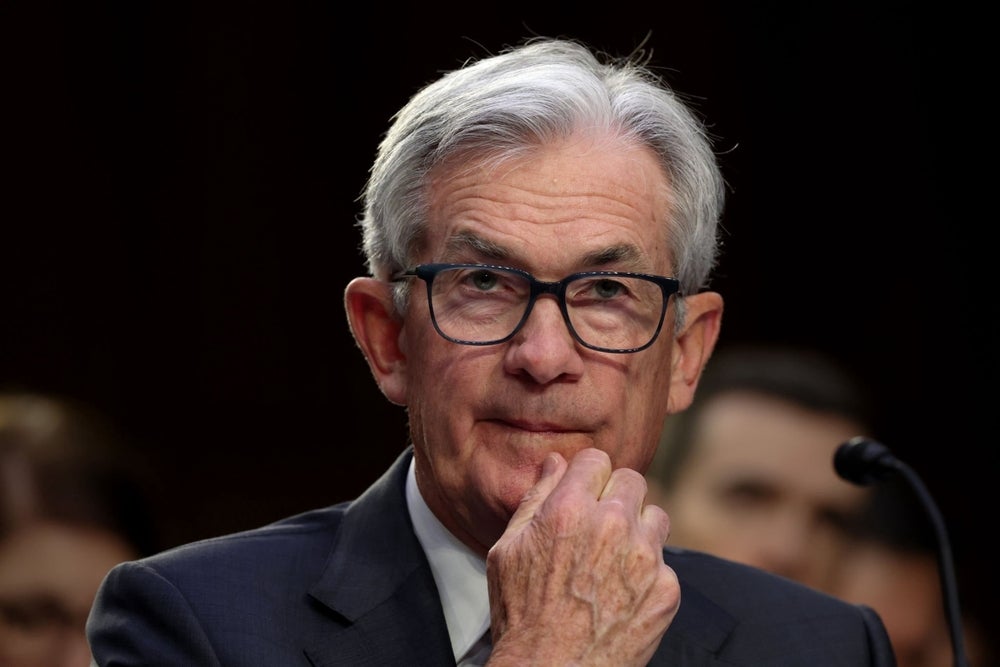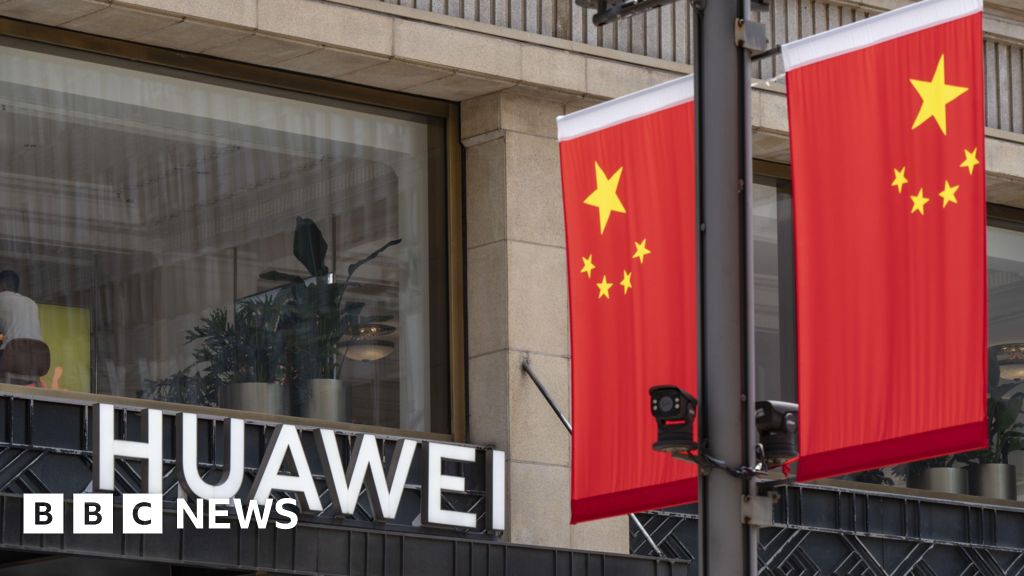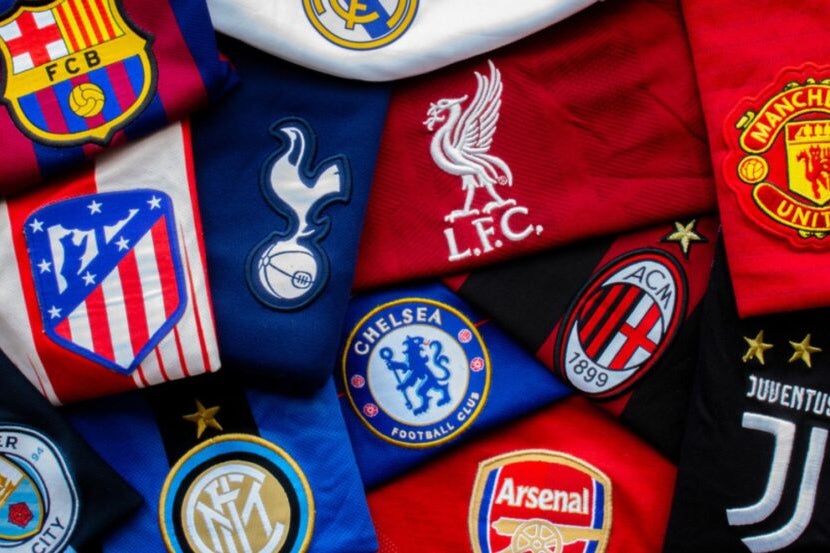by 3 minutes Read this article (Updates with financial information from prospectus, background) Reuters, DUBAI, July 5 – The Emirate of Sharjah, the latest Gulf sovereign to join the world debt markets, has recruited banks to arrange an offering of 10-year US dollar-denominated sukuk, or Islamic bonds, according to a document released on Monday. According to a document from one of the deal’s banks, HSBC was engaged as the global coordinator. Starting on Monday, HSBC will be joined by Abu Dhabi Islamic Bank, Dubai Islamic Bank, Sharjah Islamic Bank, Standard Chartered, and The Islamic Corporation for the Development of the Private Sector in hosting investor calls. Subject to market conditions, Sharjah will launch its second sukuk offering of the year. Despite governments in the oil-rich Gulf profiting from a resurgence from the shock of last year’s oil price fall, with Brent crude trading around $76.5 on Monday, and the COVID-19 pandemic’s impact fading, the agreement was reached. According to the sukuk prospectus, Sharjah’s mining and quarrying sector, which includes crude oil and natural gas, contributed barely 4.3 percent of nominal gross domestic product last year, despite the UAE’s status as a major petroleum producer. Sharjah raised $1.25 billion in a two-tranche conventional bond offering in March, consisting of 12- and 30-year notes, and was rated BBB-(minus) by S&P with a stable outlook and Baa3 by Moody’s with a negative outlook. It raised $2.25 billion last year through the selling of sukuk, another 30-year Formosa bond, and the reopening of previous bonds. According to the sukuk prospectus reviewed by Reuters, Sharjah’s revenue, which declined 24% year on year to 8.7 billion dirhams ($2.4 billion) in 2020, is expected to grow to 9.7 billion dirhams this year. The small emirate, which has a more diverse economy than most Gulf states, expects spending to increase to 17.2 billion dirhams this year, up from 16.5 billion dirhams in 2020 and 17.6 billion dirhams last year. That means the deficit might fall to 7.5 billion dirhams this year from 7.8 billion dirhams last year, however it would still be higher than the 6.1 billion dirhams deficit in 2019. (1 US dollar = 3.6726 UAE dirham) (Yousef Saba contributed reporting; Alex Richardson and Peter Graff edited the piece.)/n
Read MoreUPDATE 1-Emirate of Sharjah returns to debt markets with dollar sukuk offering
2021-07-05T12:34:39-04:00July 5th, 2021|





